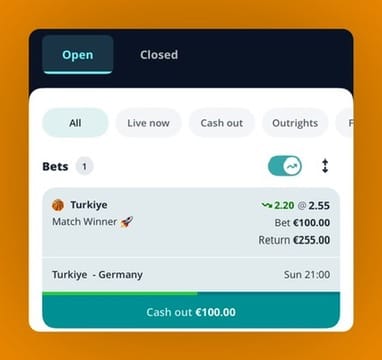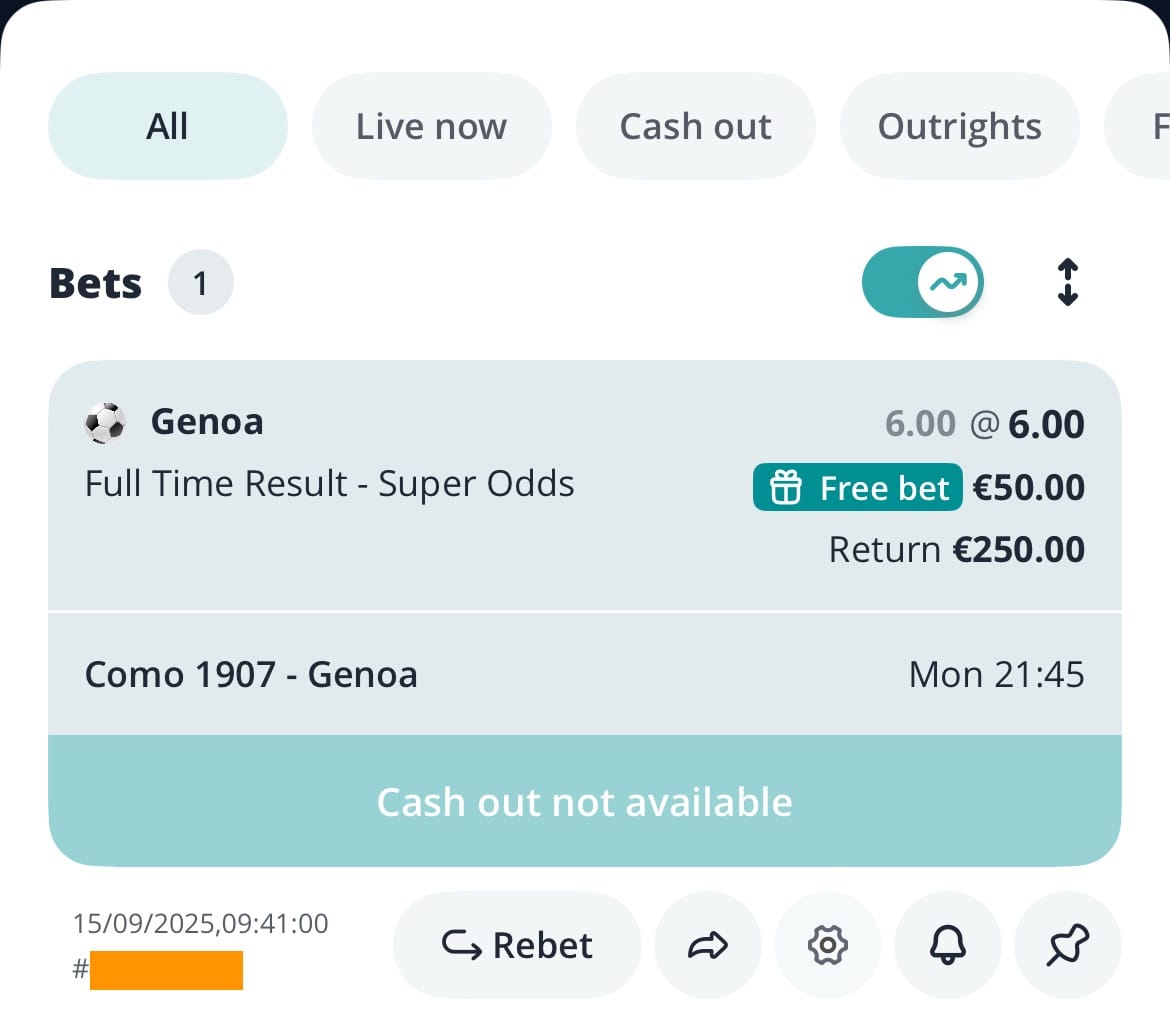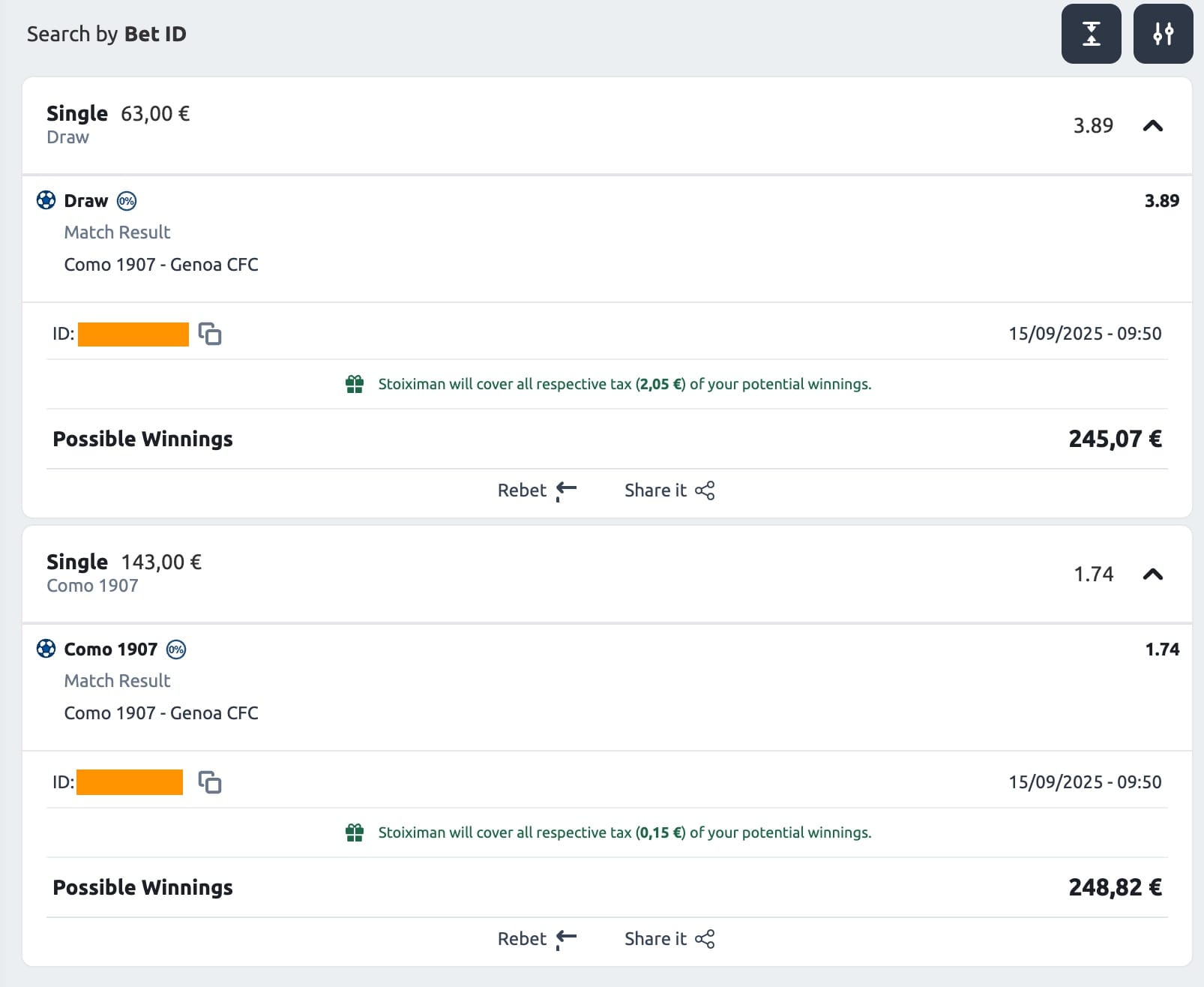Betting feels like luck
Most people treat betting like a coin toss. You watch a game, ride the emotions, and maybe throw some money on your favorite team. The problem? That’s gambling without an edge.
Last week, I wasn’t even planning to bet. I was eating more pizza than paying attention to the Turkey–Greece game at the Eurobasket. But by the time the final buzzer went off, I had money riding on who would win the entire tournament. Completely unplanned.
The question is: was this just another random punt, or something more?
How Do You Know If It’s a Good Bet?

Here’s the thing: most bettors don’t know if their bet actually has value. They just hope.
That night, right after the game, I asked my friends:
– “Would you bet on Turkey to win the tournament?”
One replied: “I’ve watched all their games. They always play this well.” Another asked: "What's the moneyline for the win?"
I pushed further:
– “First, you tell me what odds they should be!”
– “Around 1.50,” they guessed.
When I checked, the bookmakers were offering close to 2.50. That’s a massive gap.
Still, it’s one thing to feel like the bookies are off and it’s another to prove it. Most bettors never get to see if the market agrees with them.
Between the initial value bet on Turkey and the strategic use of the free bet, I turned what started as a casual pizza night into a sharp betting opportunity.
Why I bet on Turkey in a nutshell:
- Much higher odds that my friends' expectations
- Turkey favored by friends with skin in the game
- Personal view after watching the full game against Greece.
Value Reveals Itself in the Closing Odds
So I placed the bet at 2.55. Within eight hours, the odds had already dropped to 2.15.
If I keep placing bets where the odds drop before the matches even start, there’s no way I won’t come out ahead in the long run.
— Jim Makos (@JimMakosCom) September 14, 2025
Imo https://t.co/LqBAfqsrI2 pic.twitter.com/aEsQOn1w8r
That’s not luck — that’s value. It’s the market correcting itself. When odds move in your favor after you’ve bet, it means you beat the line. And if you keep doing that consistently, you’ll come out ahead in the long run.
Now, here’s where the math comes in. When I say that’s not luck but value, I mean it literally — there’s a way to put a number on it. Let me explain.
The closing odds of 2.15 reflect the “true” probability, stripped of the bookmaker’s margin (in this case, I’m using 0% vig odds not only for simplicity but because the bookmaker was running this kind of promo for the particular bet). That means the implied probability of my team winning was:
1 / 2.15 = 46.5%
That’s the market’s most accurate estimate after all the betting money and information flowed in.
But I didn’t bet at 2.15. That wouldn't make me a dime. I locked in 2.55, which means my expected value (EV) was higher.
Here’s the calculation I use:
EV = (True Probability × My Odds) – 1
Plugging the numbers in:
- True Probability = 0.465
- My Odds = 2.55
So: (0.465 × 2.55) – 1 = +0.18
That’s +18% expected value.
What does that mean in plain English? For every €100 I bet in spots like this, I’d expect to make €18 profit in the long run. Not every single bet — I’ll still lose plenty along the way, like in the Eurobasket 2025 Final — but across hundreds of bets, that edge compounds.
That’s why I’m not celebrating or complaining about one individual bet. The real victory lies in consistently identifying mispriced lines where the closing odds prove me right.
The Free Bet That Followed Out of Nowhere

The story doesn’t end there. Because of that Eurobasket bet, my bookmaker offered me a €50 free bet.
Apparently, they were running a promotion offering a free bet to me if I wagered on the Eurobasket. I had no idea until I saw the notification a day after!
This time, I put it on Genoa to win at 6.00 odds. Potential return: €250. With a free bet, you don’t get your stake back, only the profit.
So I used my usual approach: hedge across the other outcomes to lock in value.

Between the initial value bet on Turkey and the strategic use of the free bet, I turned what started as a casual pizza night into a sharp betting opportunity.
The Smart Bet Still Tastes Like Victory
Sure, Turkey didn’t get it done against Germany — tough loss. But honestly, the point wasn’t just about who lifted the trophy. The bet itself had value: the odds were off, the line moved my way, and tossing a free bet on top helped me cut the risk down even more.
That’s the difference between throwing money around for kicks and placing a bet with some purpose.
Did Turkey win? No. Did I still feel good about how I played it? Absolutely. And yeah, the pizza was delicious. 🍕
After 25 years in the gambling industry, I know that:
- A bet isn’t good just because your team won — it’s good if the odds move in your favor.
- Watching line movement is the best way to prove you’ve found value.
- Free bets aren’t freebies; they’re tools if used strategically.
- Winning long-term is about discipline, not luck.


